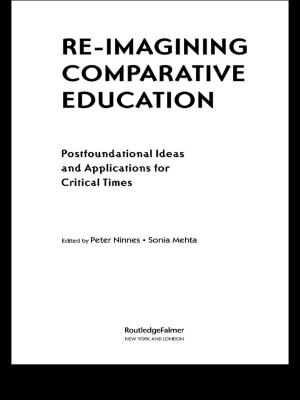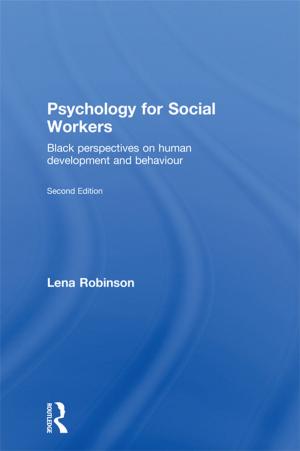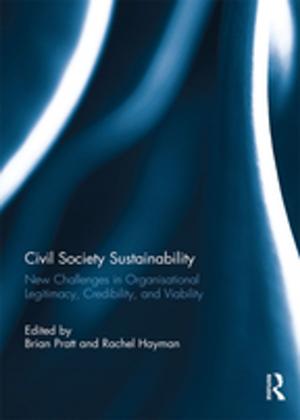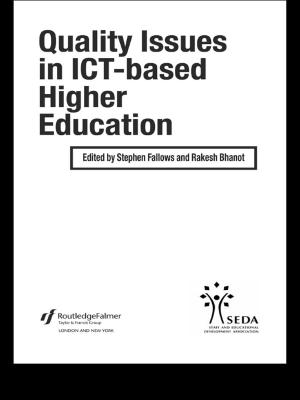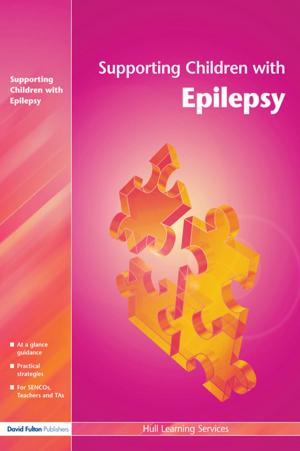Globally Networked Teaching in the Humanities
Theories and Practices
Nonfiction, Reference & Language, Education & Teaching, Educational Theory, Curricula, Higher Education| Author: | ISBN: | 9781317625568 | |
| Publisher: | Taylor and Francis | Publication: | April 10, 2015 |
| Imprint: | Routledge | Language: | English |
| Author: | |
| ISBN: | 9781317625568 |
| Publisher: | Taylor and Francis |
| Publication: | April 10, 2015 |
| Imprint: | Routledge |
| Language: | English |
As colleges and universities in North America increasingly identify "internationalization" as a key component of the institution’s mission and strategic plans, faculty and administrators are charged with finding innovative and cost-effective approaches to meet those goals. This volume provides an overview and concrete examples of globally-networked learning environments across the humanities from the perspective of all of their stakeholders: teachers, instructional designers, administrators and students. By addressing logistical, technical, pedagogical and intercultural aspects of globally-networked teaching, this volume offers a unique perspective on this form of curricular innovation through internationalization. It speaks directly to the ways in which new technologies and pedagogies can promote humanities-based learning for the future and with it the broader essential skills of intercultural sensitivity, communication and collaboration, and critical thinking.
As colleges and universities in North America increasingly identify "internationalization" as a key component of the institution’s mission and strategic plans, faculty and administrators are charged with finding innovative and cost-effective approaches to meet those goals. This volume provides an overview and concrete examples of globally-networked learning environments across the humanities from the perspective of all of their stakeholders: teachers, instructional designers, administrators and students. By addressing logistical, technical, pedagogical and intercultural aspects of globally-networked teaching, this volume offers a unique perspective on this form of curricular innovation through internationalization. It speaks directly to the ways in which new technologies and pedagogies can promote humanities-based learning for the future and with it the broader essential skills of intercultural sensitivity, communication and collaboration, and critical thinking.







